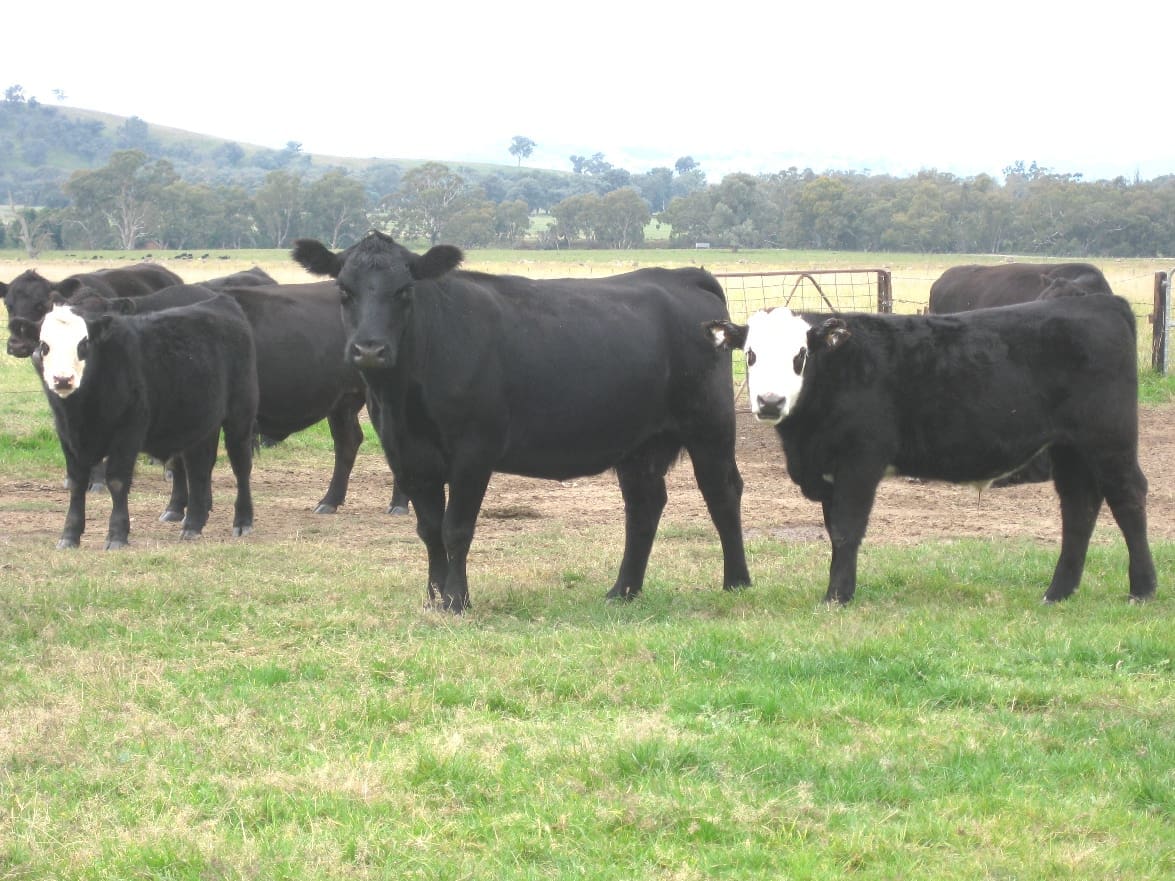CATTLE deaths at either end of the continent over the past week or two have served to provide a warning over the risks associated with lead poisoning in cattle.
 And nine times out of ten, the source tends to be preventable – old oxidised vehicle batteries, and ancient flaking lead-based paint are common sources. Unfortunately cattle like the taste of the lead salts that are found, for example, in batteries where the lead has been exposed.
And nine times out of ten, the source tends to be preventable – old oxidised vehicle batteries, and ancient flaking lead-based paint are common sources. Unfortunately cattle like the taste of the lead salts that are found, for example, in batteries where the lead has been exposed.
Cattle deaths were reported this week at Camooweal, in Queensland’s far northwest, after stock found and licked old batteries in the town dump.
In Tasmania, livestock owners are also being urged to ensure their cattle are restricted from accessing farm dumps, workshops, vehicles and other facilities following three recent cases of cattle being diagnosed with lead poisoning in the south, north and northwest of the state.
The source of lead has been different for each of the three properties affected, however all have occurred following stock accessing farm dumps that have not been properly fenced.
Following investigation by DPIPWE veterinary officers it appears that affected cattle had been searching out feed in areas they may not normally access. Dry conditions and the reduced availability of feed have meant that cattle are more likely to seek feed in farm dumps, or in and around other areas of the property that are not normally accessed by livestock.
As well as in vehicle batteries, lead can be found in discarded sump oil, building materials, lead-based paint, old paint tins, linoleum, grease, putty, oil filters and a range of other sources.
Acute lead poisoning can result in death. Prior to death, animals may show symptoms including dullness, slobbering, muscle spasms, blindness, head pressing and convulsions.
Lead residues can also be detected in animal products and livestock owners must put in place practices to appropriately manage this risk. This usually requires the testing of cattle after at least 12 months detention following the removal of the lead source.
Extra care should be taken by livestock owners to ensure livestock are not able to access potential sources of lead, particularly from farm dumps.
Avoid chemical contamination with good biosecurity
The Livestock Biosecurity Network’s regional officer for Tasmania Dr Jess Coad, said it was often after natural events such as prolonged dry conditions, floods or bushfires that livestock sought feed in areas they wouldn’t normally have access to.
This might occur when fences are destroyed during flood or fire, but may also occur when hungry livestock search for feed in places they normally wouldn’t, putting pressure on fences that may be weakened by environmental conditions.
Recently, three Tasmanian properties had reported lead contamination in livestock through access to farm dumps that were not properly fenced.
Other sources of chemical contamination include old dips or yards where environmentally persistent chemicals may remain, and chemicals or chemical containers that are not stored or disposed of correctly.
Some chemicals can remain in the soil for decades (like organochlorine pesticides used in dips as late as the 1980s), and some, like arsenic, never degrade.
Livestock products found to contain heavy metals or chemical residues will be condemned, and the producer will suffer the economic loss of the product, as well as the costs for any clean up that may be needed as a result, Dr Coad said.
And it’s not just the individual’s business at risk – domestic and global markets may be threatened by the presence of chemical/heavy metal residues, so this issue is a serious risk to the whole livestock industry.
There are a number of steps producers can take to minimise the risk, starting with maintaining effective fences so livestock don’t have access to farm dumps, and disposing of old batteries and chemical drums at an authorised depot.
Sources: DPIPWE, LBN
